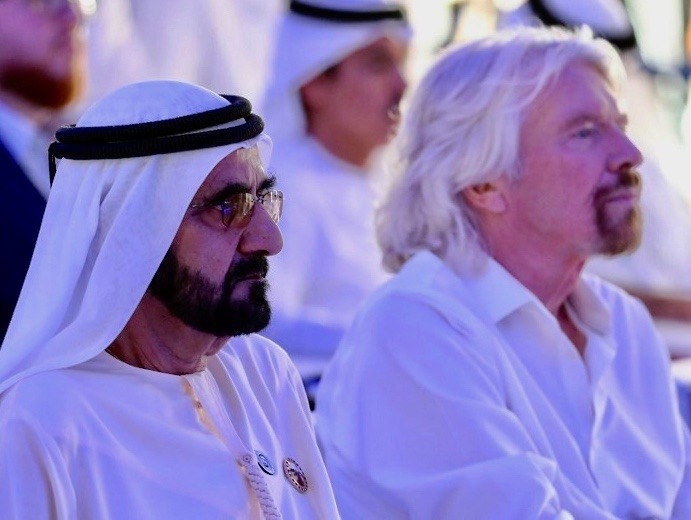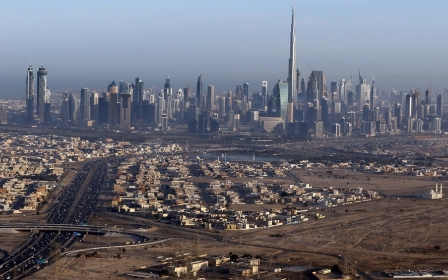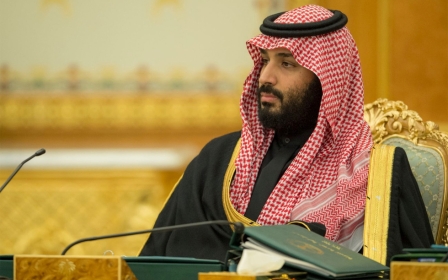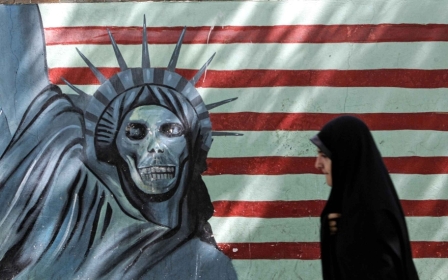Dubai port and Richard Branson to build 'ultra-fast' Hyperloop

Dubai's giant port operator DP World on Sunday teamed up with Virgin Hyperloop One to create a global firm that will build high-speed cargo delivery systems.
The new company, DP World Cargospeed, will create futuristic transport systems using Hyperloop's tube-based technology to deliver goods and link existing road, rail and air transport infrastructure.
And while it will require tens of billions of dollars in investments, it already has potential projects in India, the United Arab Emirates and Saudi Arabia, officials said.
Sultan Ahmed bin Sulayem, head of state-owned DP World, said the partnership with Hyperloop, backed by British tycoon Richard Branson, would help "shape the future of global logistics".
DP World Cargospeed will aim to deliver goods at speeds of up to 620 miles per hour and link to existing roads, rail and air infrastructure, CNBC reported.
Hyperloop is the super-fast ground transport method first envisioned by Tesla founder Elon Musk, which promises to be faster than air travel but at a fraction of the cost, CNBC said.
Hundreds of millions of dollars have already been invested in designing these systems, CNBC said, and Virgin Hyperloop One is one of just a few companies racing to do so.
The launch was attended by the UAE prime minister and ruler of Dubai, Sheikh Mohammed bin Rashed al-Maktoum.
Branson appointed chairman
"With this system you can move any cargo around the world in less than 14 hours, whether you are in China or in the North Pole, it will not take more than 14 hours," Sulayem said.
Branson, who was appointed chairman of the new company, said the project would "enable ultra-fast, on-demand deliveries of high-priority goods".
"On-demand deliveries are a novelty today. Tomorrow it will be the expectation."
In February, Virgin Hyperloop One announced plans for a super-fast rail network linking India's financial capital Mumbai to the city of Pune about 142km away.
Hyperloop CEO Rob Lloyd said a demo track as long as 15km would be built first before construction began along the full route.
The partnership is currently looking at projects in India and the Middle East, but Lloyd said they may also look to work in Canada and the United States.
"By the end of the year, I believe we could actually have three government-funded and supported projects underway, two of which could begin construction in 2019 and one in 2020," he told AFP.
"We will have an international group certifying this technology for safety and regulatory approvals for 2022," he said.
The first phase of each project will cost between $300m and $500m, while a full network carrying millions of passengers a year would require investments ranging between $3bn and $15bn, Lloyd said.
The first full super-fast rail network is expected to be in commercial use by 2025, he said.
New MEE newsletter: Jerusalem Dispatch
Sign up to get the latest insights and analysis on Israel-Palestine, alongside Turkey Unpacked and other MEE newsletters
Middle East Eye delivers independent and unrivalled coverage and analysis of the Middle East, North Africa and beyond. To learn more about republishing this content and the associated fees, please fill out this form. More about MEE can be found here.




